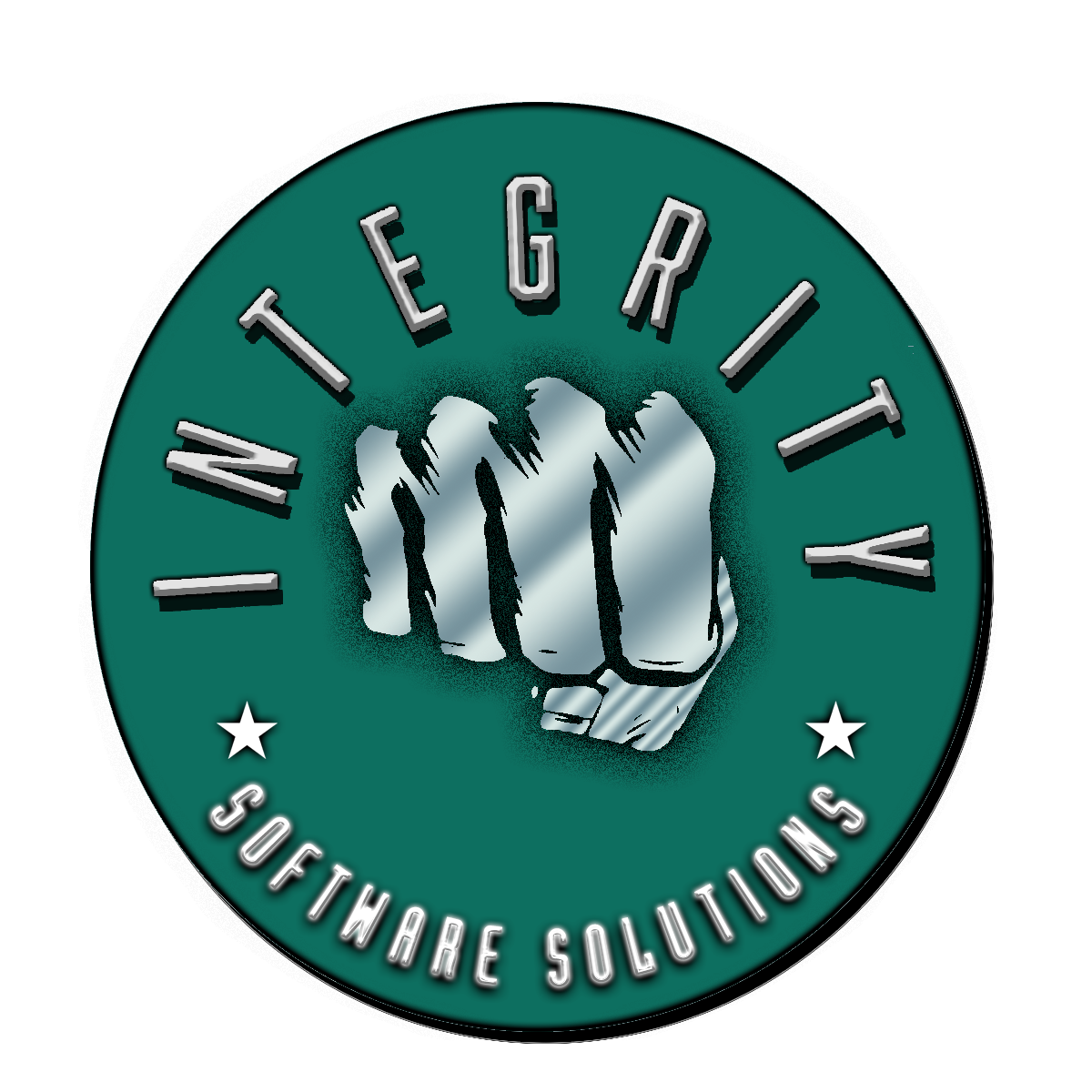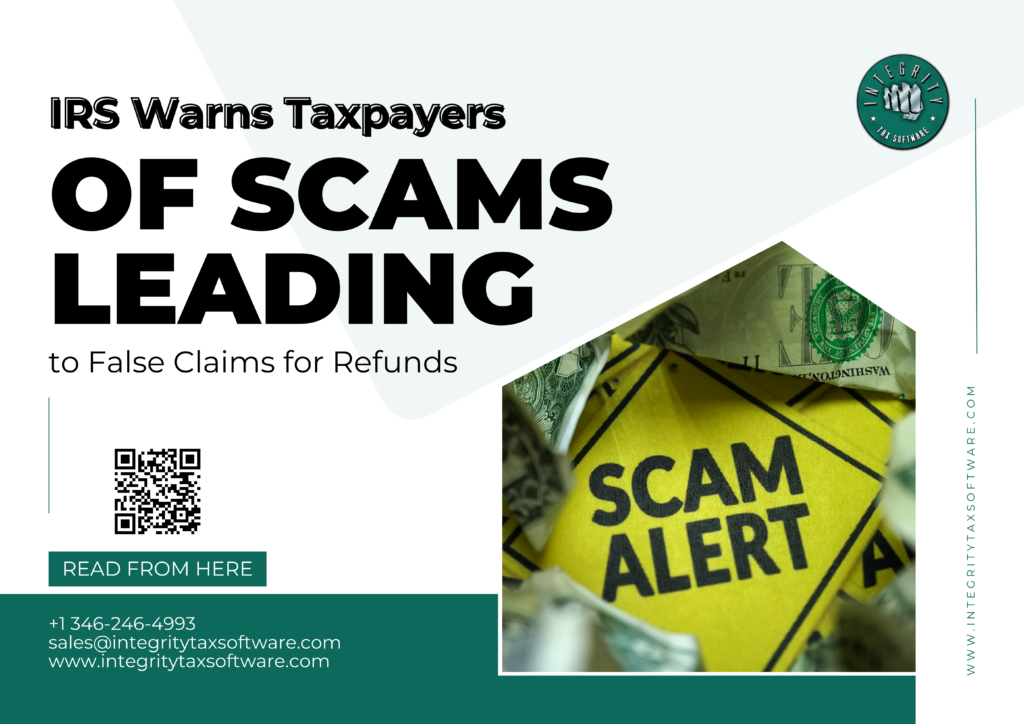In light of recent tax scams and misleading social media advice, the Internal Revenue Service (IRS) has issued a warning to taxpayers about filing inflated refund claims. These fraudulent claims primarily involve the Fuel Tax Credit, the Sick and Family Leave Credit, and household employment taxes. Many taxpayers have fallen victim to these scams, resulting in delayed refunds and potential financial and legal repercussions. This blog will provide an overview of the issue, highlight the specific fraudulent claims, and offer guidance on how affected taxpayers can rectify their situations.
Overview of the Issue
The IRS has seen a surge in fraudulent refund claims, largely driven by inaccurate social media advice and unscrupulous tax preparers. Taxpayers have been misled into believing they are eligible for substantial refunds through these credits, leading to a significant increase in improper filings. The IRS has responded by freezing these refunds and initiating a review process to verify the legitimacy of the claims.
IRS Commissioner Danny Werfel’s Statement
“Scam artists and social media posts have perpetuated a number of false and misleading claims that have tricked well-meaning taxpayers into believing they’re entitled to big, windfall tax refunds,” said IRS Commissioner Danny Werfel. “These bad claims have been caught during our fraud review process. Taxpayers who filed these claims should realize they’ve been tricked, and they face an extensive review process and a long potential wait if they’re owed a refund for other things.”
Common Fraudulent Claims
The IRS has identified three specific areas where fraudulent claims are most prevalent:
Fuel Tax Credit:
-Designed for off-highway business and farming use, the Fuel Tax Credit requires a legitimate business purpose and qualifying activities, such as running a farm or purchasing aviation gasoline.
-Most taxpayers do not qualify for this credit, yet many have been advised otherwise.
Credits for Sick Leave and Family Leave:
-These credits were available for self-employed individuals during the pandemic in 2020 and 2021, but they are not applicable for 2023 tax returns.
-Taxpayers have been incorrectly using Form 7202 to claim these credits based on income earned as employees rather than as self-employed individuals.
Household Employment Taxes:
-Taxpayers have been “inventing” fictional household employees to claim refunds based on false sick and family medical leave wages.
-This involves filing Schedule H (Form 1040) fraudulently.
Steps for Affected Taxpayers
Verify Eligibility
Taxpayers who have filed claims for these credits should review their eligibility carefully. If they realize they have been misled, they need to take corrective actions promptly.
Respond to IRS Correspondence
Affected taxpayers will receive letters from the IRS requesting additional information or identity verification. It is crucial to follow the instructions in these letters to resolve the issues with their claims. Here are the types of correspondence they might receive:
Identity Verification Letter:
Taxpayers must verify their identity and review the accuracy of their tax return.
If the return was prepared by a tax preparer, ensure the preparer signed the return. Unsigned returns can indicate fraudulent activity.
Request for Additional Documentation:
Taxpayers may need to provide documentation to prove their eligibility for the claimed credits.
Failing to provide the necessary documentation can result in penalties and further compliance actions.
Consider Filing an Amended Return
Taxpayers who realize they have filed an improper claim should consider filing an amended return. The IRS provides a tool on its website, “Should I file an amended return?” to help taxpayers determine if this step is necessary. Filing an amended return can help avoid penalties and potential criminal prosecution for knowingly filing a false tax return.
Seek Professional Advice
Consulting a trusted tax professional is highly recommended. A qualified professional can provide accurate guidance, help amend returns, and ensure compliance with tax laws.
Consequences of Improper Claims
Taxpayers who filed false claims risk significant penalties, including a penalty of up to $5,000 per frivolous return. They also face the possibility of audits and, in severe cases, criminal prosecution. To avoid these outcomes, it is essential to act promptly and rectify any incorrect filings.
Conclusion
The IRS’s recent warning underscores the importance of being cautious and discerning about tax advice, especially from unverified social media sources and unscrupulous tax preparers. Taxpayers must verify their eligibility for credits, respond to IRS correspondence, and seek professional advice to avoid penalties and legal issues. By taking these steps, taxpayers can correct any false claims and ensure a smoother, more compliant tax filing process. For more information and guidance, taxpayers can visit the IRS website or consult a trusted tax professional.

